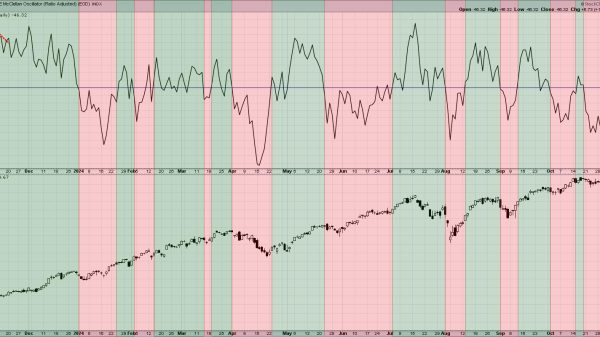Recorded by the Mises Institute in the mid-1980s, The Mises Report provided radio commentary from leading non-interventionists, economists, and political scientists. In this program, we present another part of “Ten Great Economic Myths”. This material was prepared by Murray N. Rothbard.
In recent years there has been an understandable worry over the low rate of saving and investment in the United States. One worry is that the enormous federal deficits will divert savings to unproductive government spending and thereby crowd out productive investment, generating ever, greater long-run problems in advancing or even maintaining the living standards of the public.
Some policymakers have once again attempted to rebut this charge by statistics. In 1982–83, they declare, deficits were high and increasing, while interest rates fell, thereby indicating that deficits have no crowding-out effect.
This argument once again shows the fallacy of trying to refute logic with statistics. Interest rates fell because of the drop of business borrowing in a recession. “Real” interest rates (interest rates minus the inflation rate) stayed unprecedentedly high, however — partly because most of us expect renewed heavy inflation, partly because of the crowding-out effect. In any case, statistics cannot refute logic; and logic tells us that if savings go into government bonds, there will necessarily be less savings available for productive investment than there would have been, and interest rates will be higher than they would have been without the deficits. If deficits are financed by the public, then this diversion of savings into government projects is direct and palpable. If the deficits are financed by bank inflation, then the diversion is indirect, the crowding-out now taking place by the new money “printed” by the government competing for resources with old money saved by the public.
Milton Friedman tries to rebut the crowding-out effect of deficits by claiming that all government spending, not just deficits, equally crowds out private savings and investment. It is true that money siphoned off by taxes could also have gone into private savings and investment. But deficits have a far greater crowding-out effect than overall spending, since deficits financed by the public obviously tap savings and savings alone, whereas taxes reduce the public’s consumption as well as savings.
Thus, deficits, whichever way you look at them, cause grave economic problems. If they are financed by the banking system, they are inflationary. But even if they are financed by the public, they will still cause severe crowding-out effects, diverting much-needed savings from productive private investment to wasteful government projects. And, furthermore, the greater the deficits the greater the permanent income tax burden on the American people to pay for the mounting interest payments, a problem aggravated by the high interest rates brought about by inflationary deficits.
For more episodes, visit Mises.org/MisesReport.






















